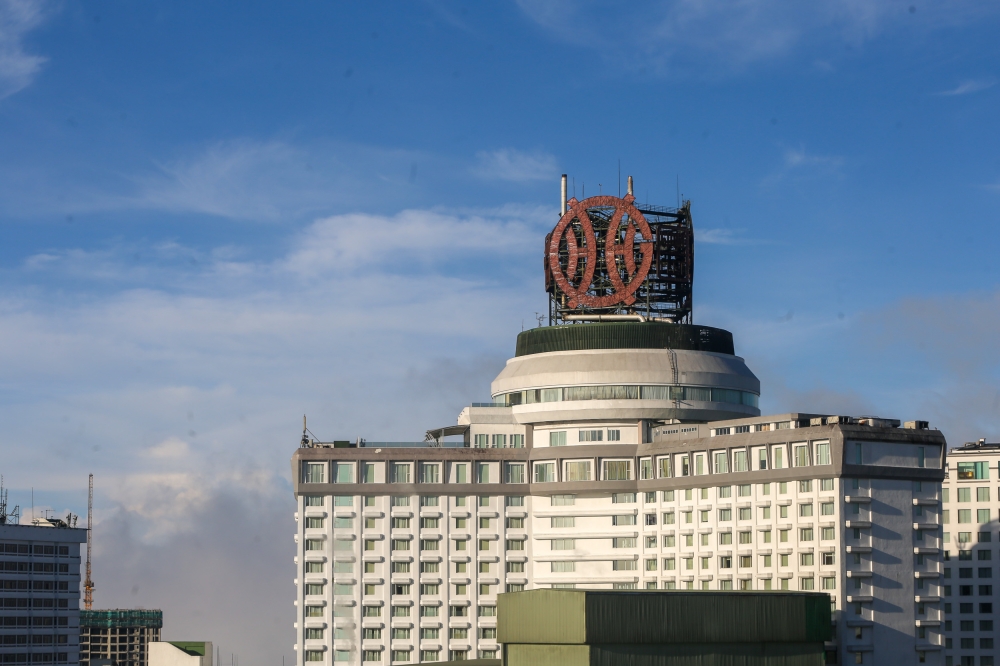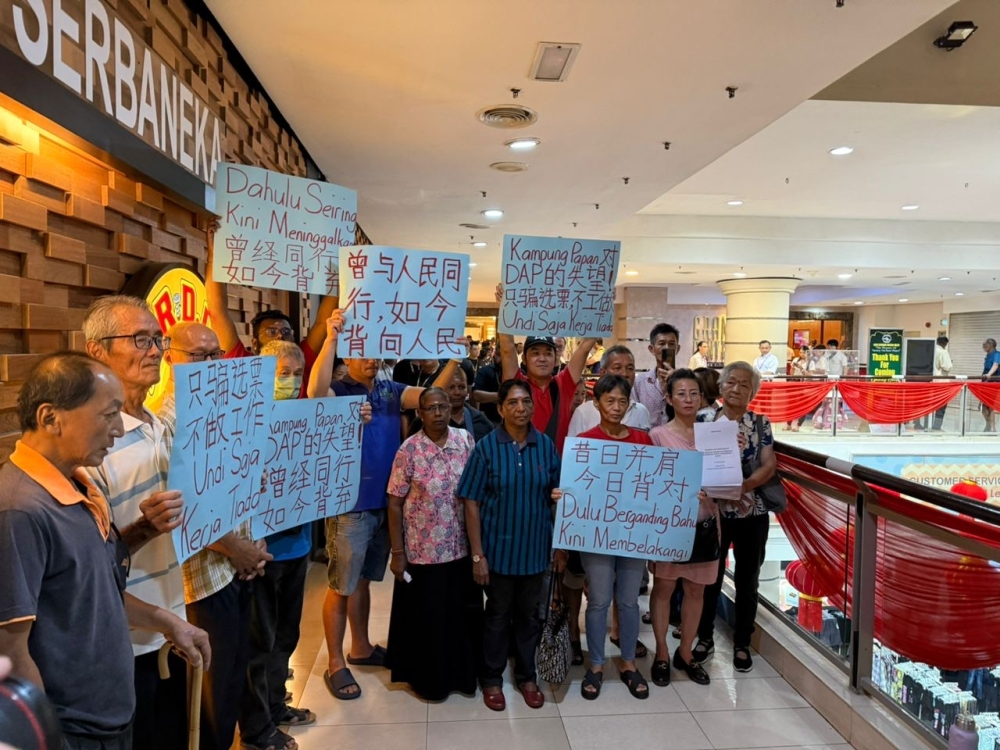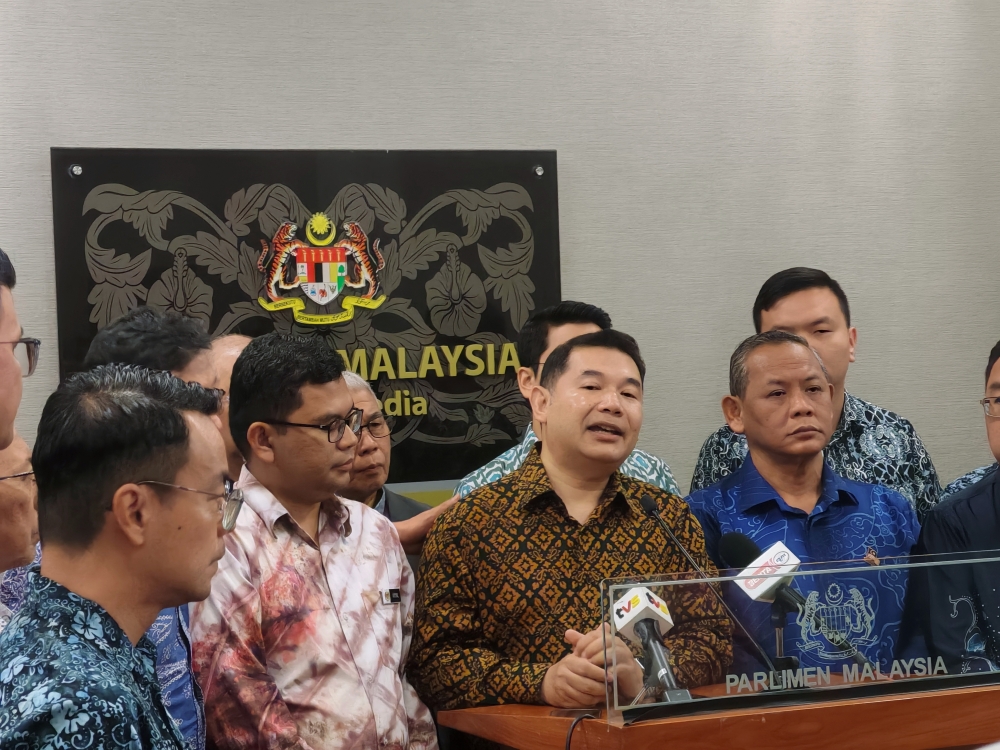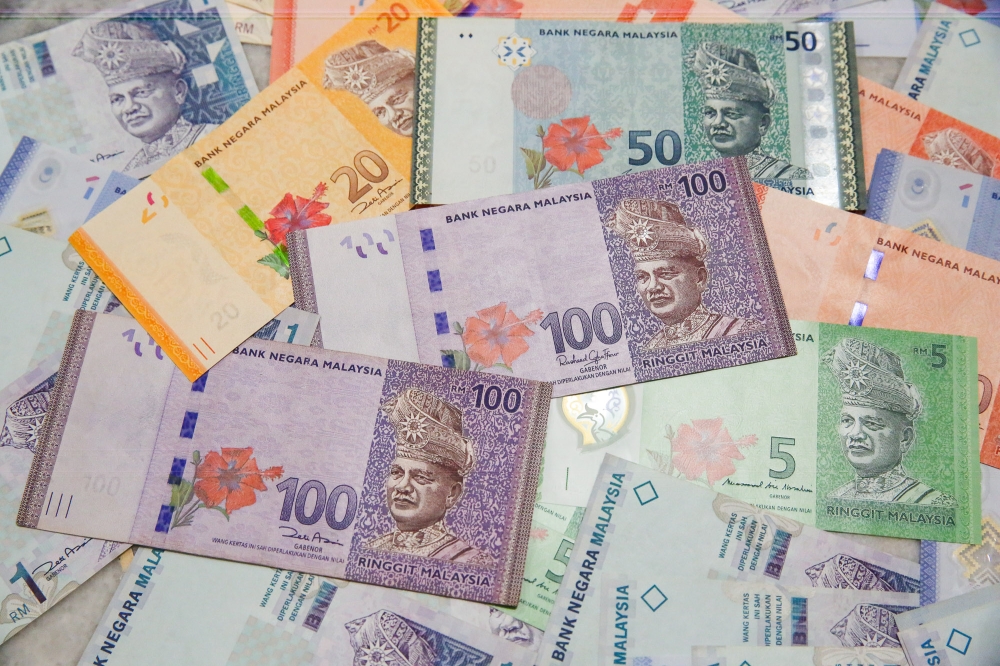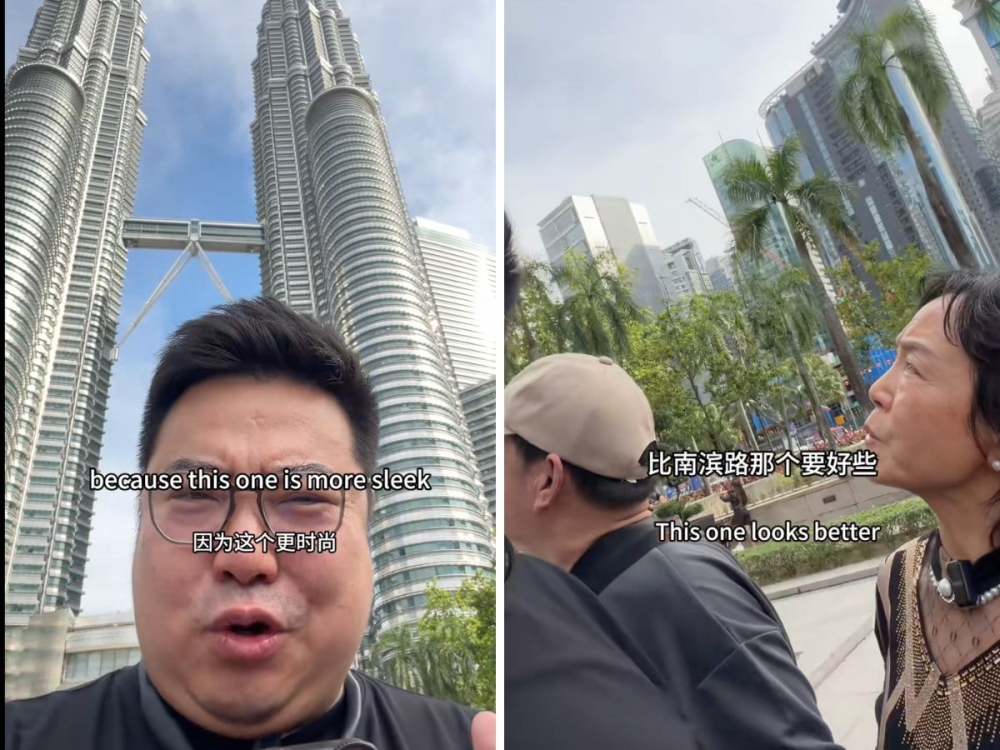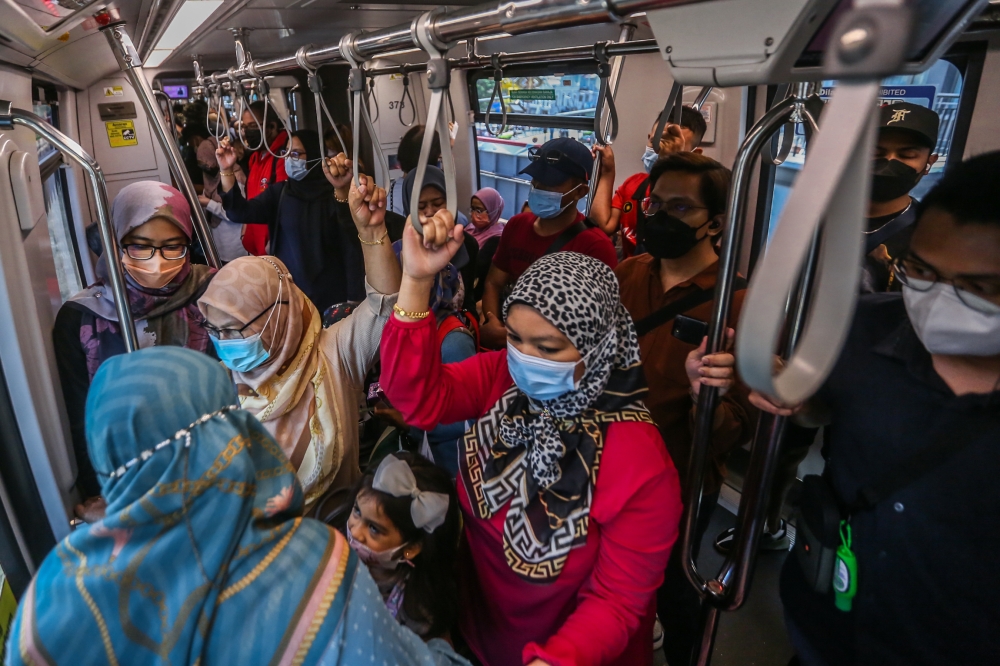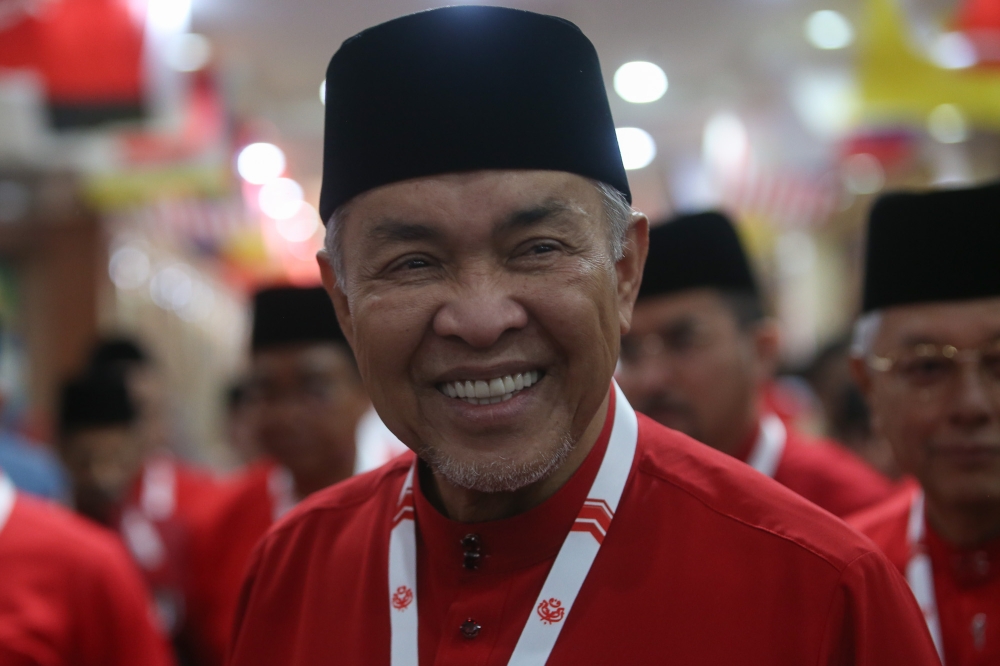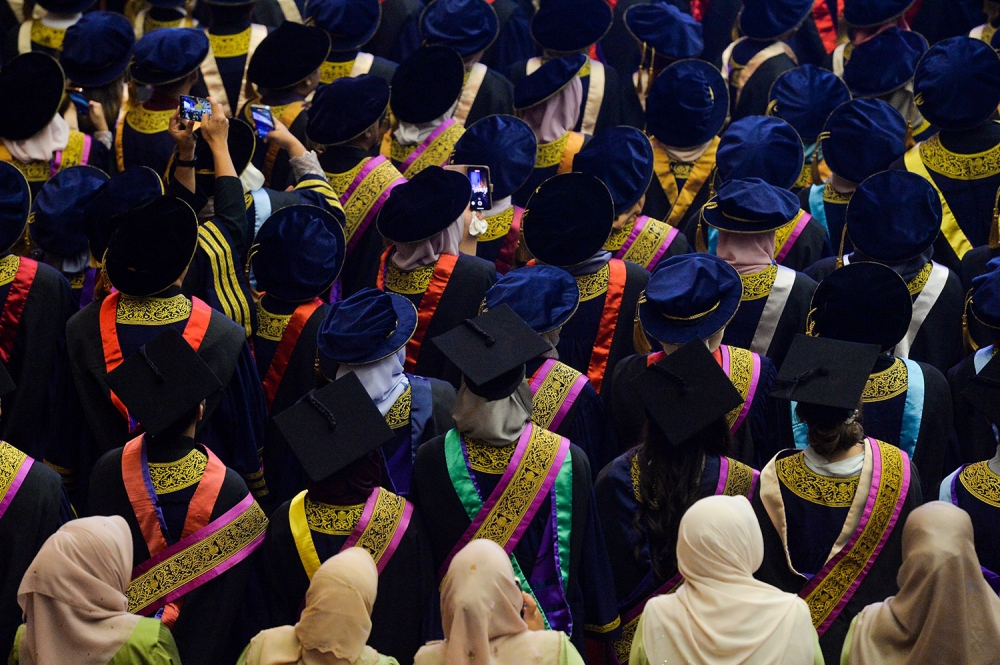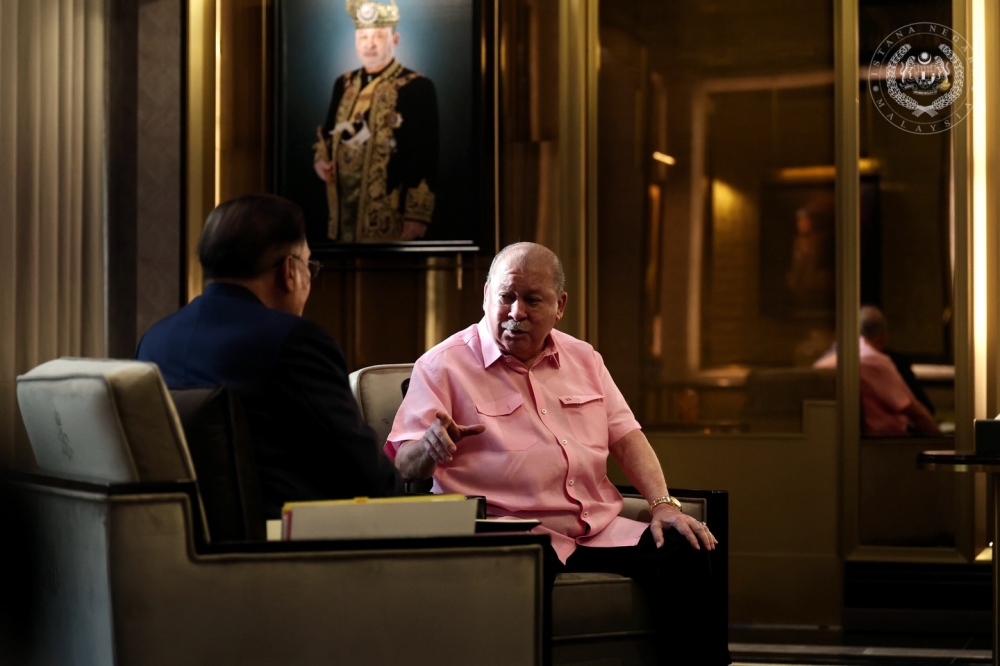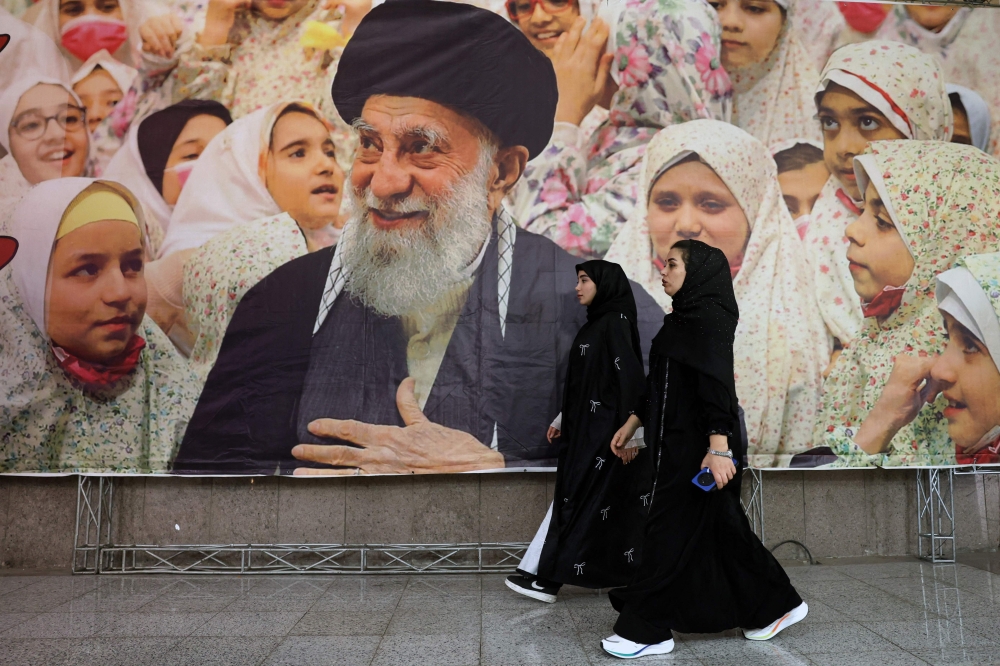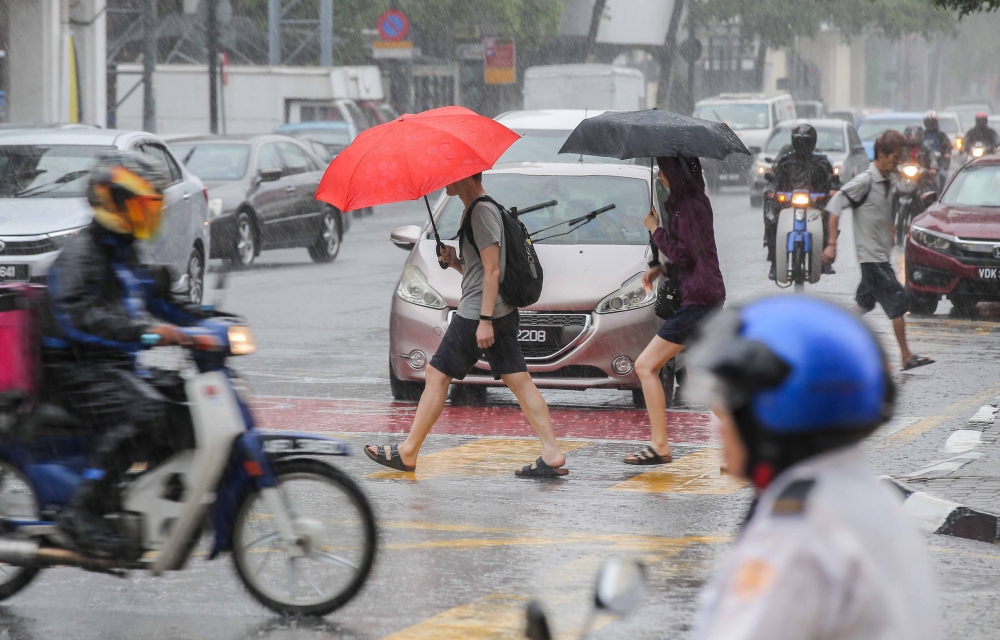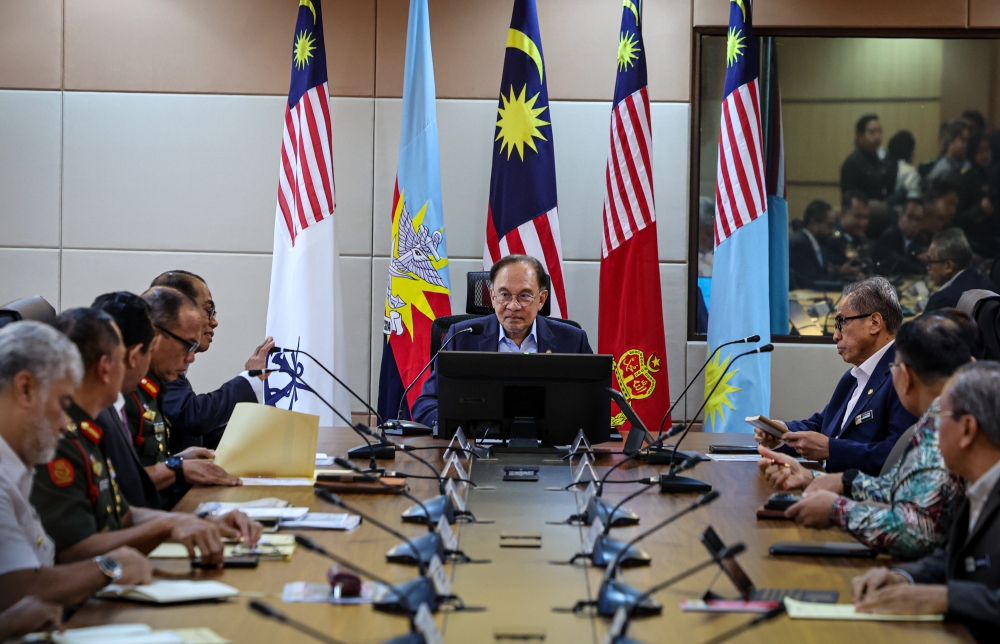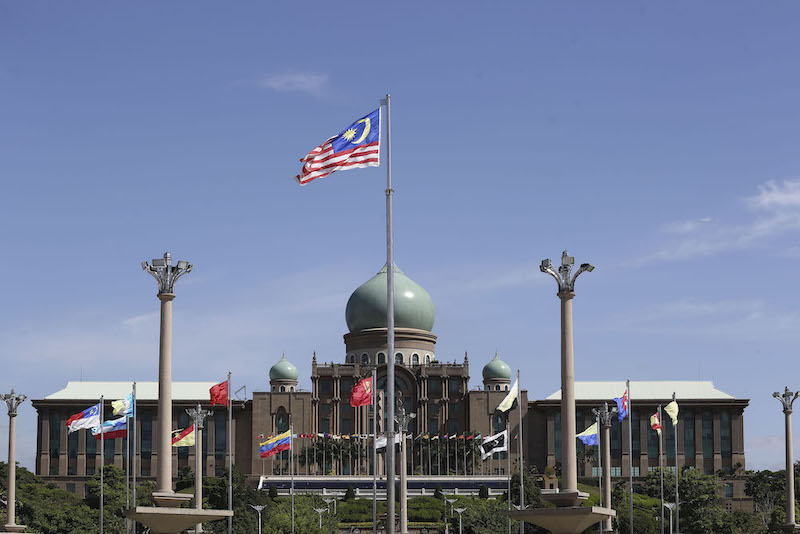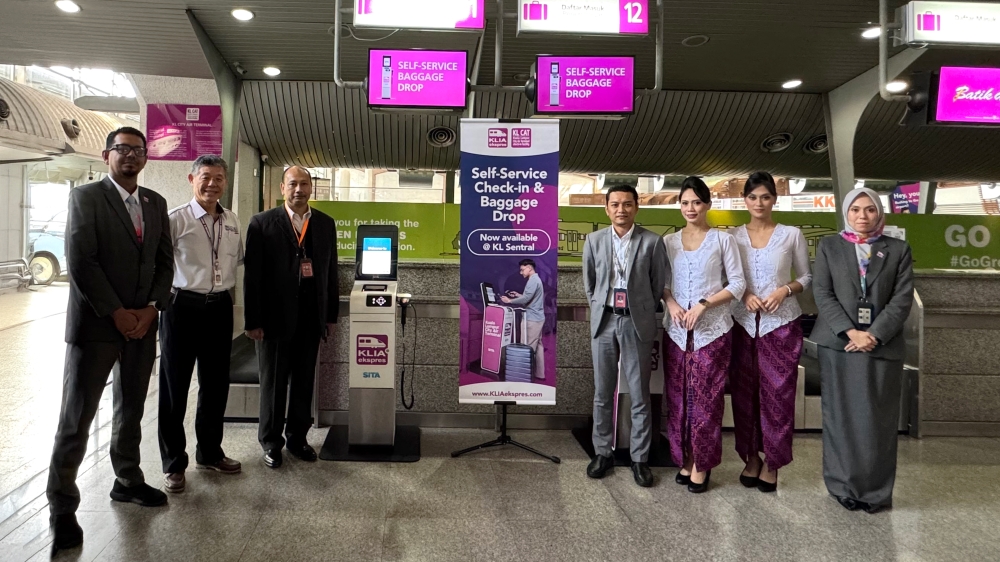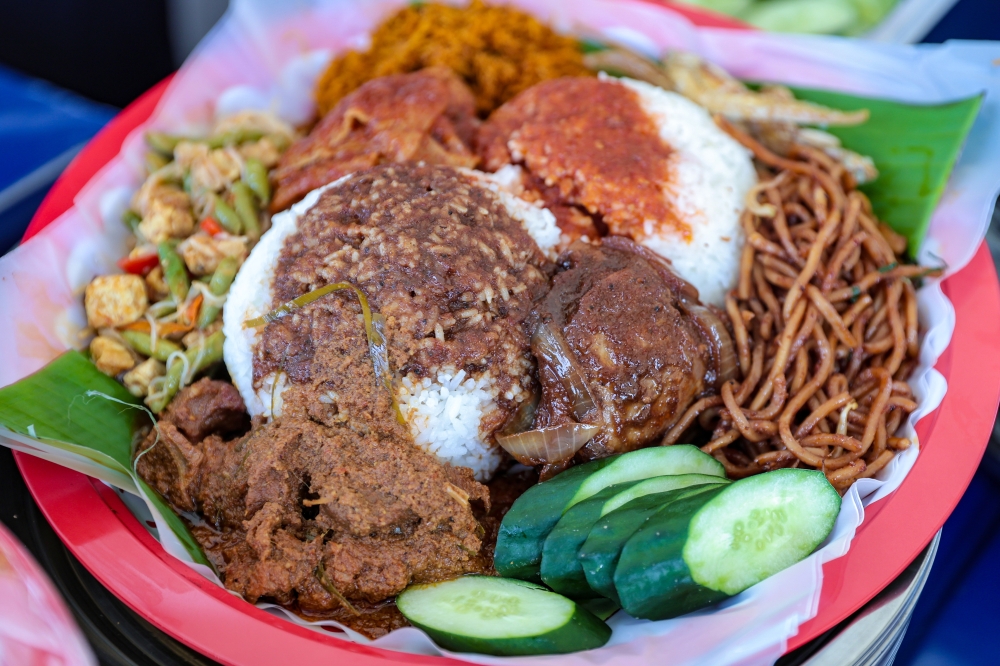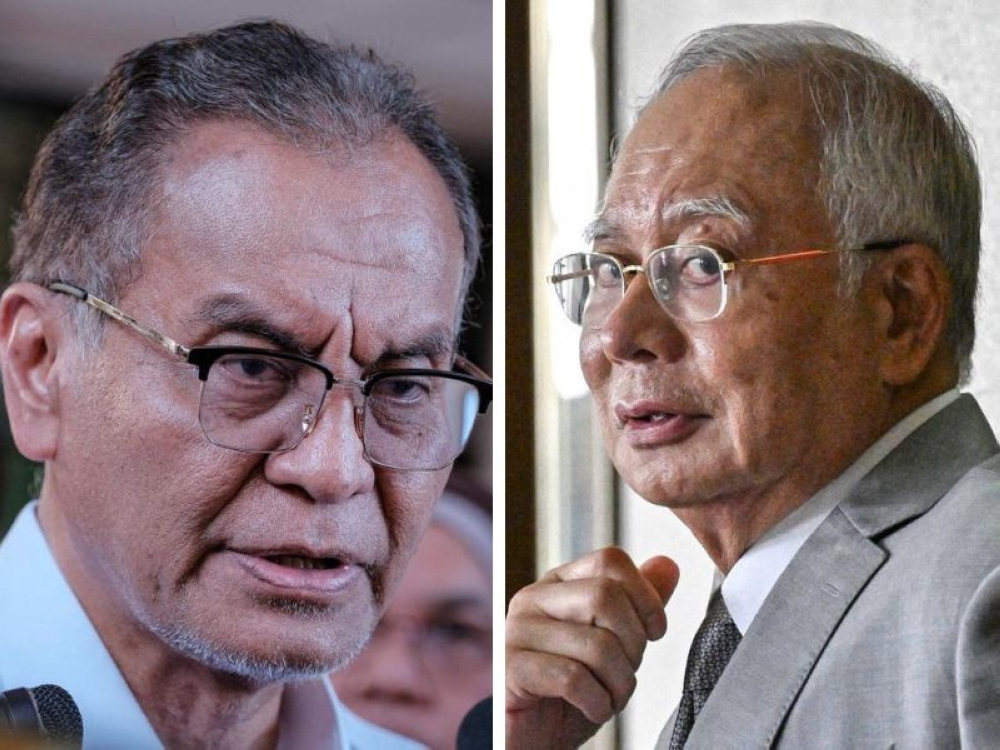KUALA LUMPUR, Oct 9 — This year has been a roller coaster ride for Malaysians — from the Covid-19 pandemic to the political uncertainties with almost no end in sight.
With PKR president Datuk Seri Anwar Ibrahim’s surprising claim that he has obtained a convincing support of MPs to topple Prime Minister Tan Sri Muhyiddin Yassin, the political scene in the country seems to be fluid again.
This came after a series of growing speculation that the Perikatan Nasional (PN) government may call for snap elections sometime this or next year.
After the historic constitutional amendments to lower the voting age from 21 to 18 last year, many analysts predicted that the move could result in vastly different voting patterns in the next general election (GE15) with millions of youth in the electoral roll.
This, however, will only be possible if GE15 is called after the automatic voter registration system is done by June 2021.
According to the latest statistics Malay Mail obtained from the Department of Statistics Malaysia, there are currently 2.4 million youth between the ages of 18 and 21 living in the country.
The states with the highest number of youths are Kuala Lumpur and Selangor (512,200), Sabah (364,500), Johor (279,200) and Sarawak (216,400).
With that in mind, what would be in store for political parties in the next general election if Undi 18 bloc gets to cast their vote?
According to Institute of Strategic and International Studies analyst Harris Zainul, the more direct impact of the new voters on the election result will depend on the areas they are going to vote in.
“If most of the youth are going to be concentrated in urban areas where the parliamentary constituencies have been gerrymandered and malapportioned, the value of their vote might decrease.
“But that’s not any dissimilar from other voters in other age categories voting in these constituencies.
“Notwithstanding, my concern is that should the youth feel like their vote carries little value in extra-large constituencies, like Damansara for example, then that might lead to apathy among the youth there to participate in the democratic process,” he said.
Harris, however, said to determine who the youth will vote for in the next general election will likely be based on the kind of issues the younger generation are more concerned about.
“Generally speaking, the politicians have traditionally lent an ear to the youth through dialogues and round tables. Making the difference now is that those issues and interests raised by the youth are going to be backed by votes.
“In that sense, we can foresee that the youth’s interest will be carried forward better in the coming election.”
Harris also pointed out that the younger voter bloc may become the game-changer in the next general election only if they opt for a change that’s different from the wants of the older generation.
“For example, if the youth choose to vote for politicians who are practising a cleaner brand of politics, then that might be game-changing.
“But having said that, it will not be surprising should things like cost of living, stagnant wages, unaffordable homes, lack of meaningful job opportunities - issues that cut across age groups, then there’s just going to be more voters voting on similar issues.”
The winning party
Based on his observations, Harris said the political parties that are more agile in nature and can adapt to the times have more advantages to attract youth when compared to those that are still stuck in their old-school political strategies.
“In the current set up of existing political parties, they follow the model whereby the general body of the party is made up of those aged 30 or 40 and above, while the youth are relegated to the youth wing.”
At present, Harris said Umno has strong grassroot support when it comes to the youth.
“Umno Youth is an established wing of the party, which is well-known on the ground and nationally, and perhaps most importantly, very organised.
“The same can perhaps be said for PAS, which will have more impact among their respective vote bases,” said Harris.
He, however, added that another determining factor to examine a political party’s strength among youth would be by looking at the party that has managed to have the most number of young candidates who have won in past elections.
Apart from Umno and PAS with strong youth wings, Harris hinted that DAP has a strong record of having young candidates given the opportunity to contest in general elections at either Federal or state level.
When asked about the attractiveness of race-based political parties among youth, Harris said it’s generally really hard to know exactly which party has support from which age group or race.
According to him, it’s always easy to make the assumption that the Malay voters are a monolithic bloc, whereby they vote based on similar interests.
“Well, that couldn’t be further away from the truth. The Malay voter that’s living in Bangsar could potentially vote differently from the Malay voter in Kedah.”
He also pointed out that based on studies, the youth are generally less racial than the previous generation.
“So if that’s going to be the case, what would happen to parties that have built their legacy based on single-ethnic interest?
“It will be interesting to see if racial elements are going to play an important role in determining their political party in the next election,” he added.

